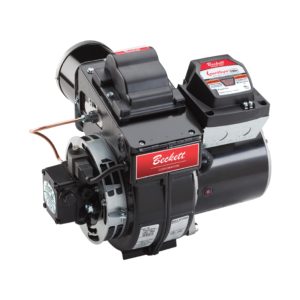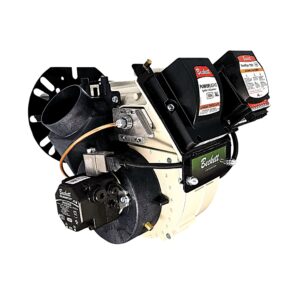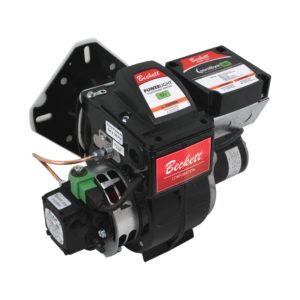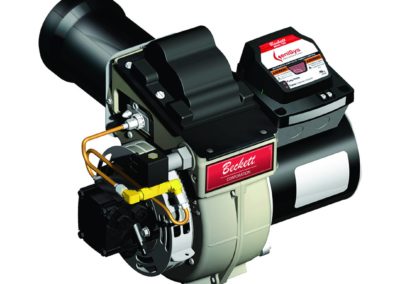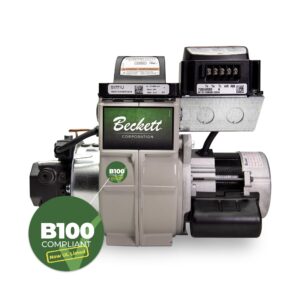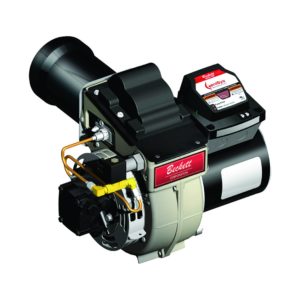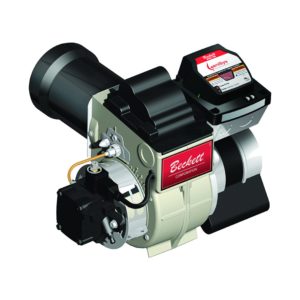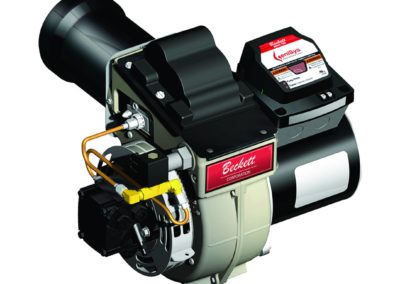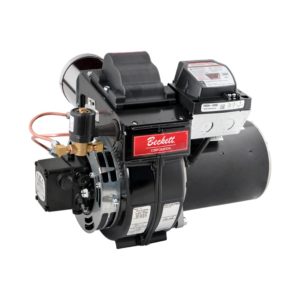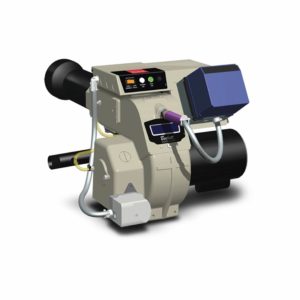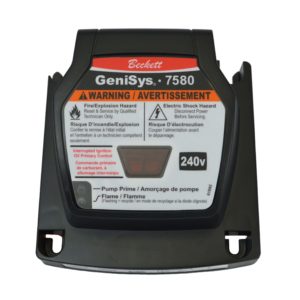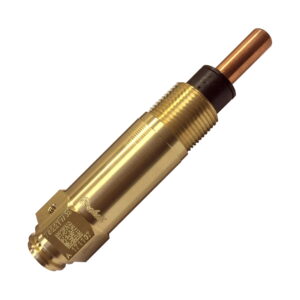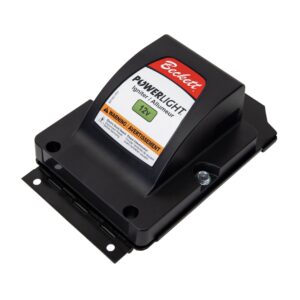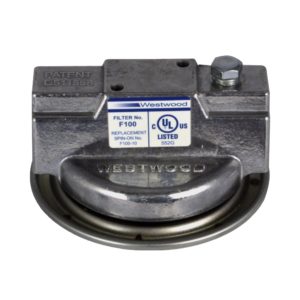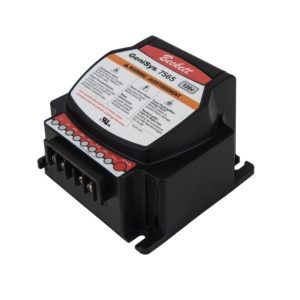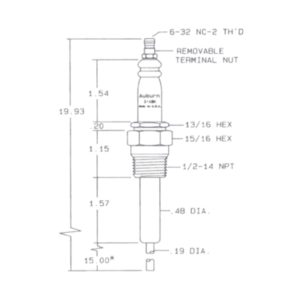Note: This alternative fuel policy covers the burner supplied by Beckett from the pump inlet through the retention head. It does not cover tanks and storage, fuel lines, filters, appliances or any system components not supplied by Beckett. Appropriate due diligence is required for the use of these fuels. Please see additional recommendations below the chart.
Learn more about Beckett's Fuel Capabilities
from Traditional Heating Oil to Renewable Fuels (B100 and R100)
| Fuel Type |
Spec |
Warranty Coverage | |
| Beckett Warranty Honored | Not approved / No warranty | ||
| Heating Oil – No. 1 | D396 Gr.1 (S5000) | YES | |
| Heating Oil – No. 2 | D396 Gr.2 (S5000) | YES | |
| Heating Oil – No. 1 – Low Sulfur | D396 Gr.1 (S500) | YES | |
| Heating Oil – No. 2 – Low Sulfur | D396 Gr.2 (S500) | YES | |
| Diesel Fuel – No. 1 – (Off-road) | D975 Gr.1-D (S500) | YES | |
| Diesel Fuel – No. 2 – (Off-road) | D975 Gr.2-D (S500) | YES | |
| Diesel Fuel – No. 1 – (Highway) | D975 Gr.1-D (S15) | YES | |
| Diesel Fuel – No. 2 – (Highway) | D975 Gr.2-D (S15) | YES | |
| Kerosene – 1K (also called K-1) | D3699 Gr. 1 | YES | |
| Kerosene – 2K (also called K-2) | D3699 Gr. 2 | YES | |
| Gas Turbine Oil – No. 1 | D2880 Gr. 1-GT | YES | |
| Gas Turbine Oil – No. 2 | D2880 Gr. 2-GT | YES | |
| Up to B20 BioDiesel Blends | Included in D396 | YES | |
| BioDiesel Blends B20+ up to and including B100 with Heating Oil | D6751 | YES | |
| Vegetable oils, used oils | – | NO | |
| Blends of vegetable oils & used oils with heating oil | – | NO | |
| Jet A | D1655 | YES | |
| Jet A-1 | D1655 | YES | |
| JP-5 (Military jet fuel) | MIL-DTL-5624, F44 | YES | |
| JP-8 (Military jet fuel) | MIL-DTL-83133, F34 | YES | |
| Heating Oil – No. 4, 5 or 6 | D396 Gr. 4, 5, 6 | NO | |
| Jet B | D6615 | NO | |
| JP-4 (Military jet fuel) | MIL-DTL-5624, F40 | NO | |
| Gasoline, Avgas (any type) | Many | NO | |
Please note the following:
- Fuels marked YES in green are fully listed with UL for use with Beckett burners
- Fuels marked YES in yellow are not fully listed with UL. However, they have been used successfully, and in some cases may be used to address certain fuel or combustion issues. Their normal use will not void Beckett’s warranty on the burner and components.
- Fuels marked NO in red should not be used in Beckett burners. These fuels are specifically forbidden because of potential performance and/or safety problems.
- Beckett Burners are warrantied for BioDiesel blends above B20 if they include a B100 Pump — these burners are labeled as B100 compliant.
Fuel standards
Know your fuel!
We recommend that you:
- Insist on certification for your fuel – certificates for your base fuel, and where appropriate, any biodiesel blend stock and finished blend, and the standards they meet.
- Use clean and stable fuels. It is recommended that you add an additive (FuelArmor™ or similar additive) to help maintain cleanliness and stability throughout the fuel system.
- Make sure your customers’ tanks are clean and sound (see ‘Tank’ comments below).
- Use dual filtration – a coarser (typically, 30-100 micron) filter near the tank and a finer (10 micron) downstream, preferably at the burner.
For Biodiesel Blends
The biggest cause of problems is off-spec blend stocks. B5 fuels must be made from the following materials:
- 5% biodiesel meeting the requirements of ASTM D6751. (D6751 is the standard specification for biodiesel blend stock.)
The finished fuel meets the requirements of ASTM D396. (D396 is the standard specification for Fuel Oils.) - Use suppliers that are BQ-9000 certified where possible. (BQ-9000 is a Quality Assurance system for certifying, distributing, blending, and maintaining the quality of biodiesel blend stock.)
- Beckett also recommends the following safeguards when using biodiesel blends (although they are helpful with straight petroleum fuels too):
Additives:
Stability leads the list of things to watch for. During storage and handling, fuels may react with their surroundings and with materials in their environment to form undesirable by-products that can interfere with proper operation. Properly made B100 blend stocks are required to meet oxidation stability requirements to help minimize this effect. Good additive systems for petroleum fuels incorporating stabilizers, dispersants, and metal deactivators (FuelArmor™ or similar additive) will help to protect the fuel and fuel storage system. Additives can be especially helpful during the transition period from all-petroleum fuel to biodiesel blends.
Filtration:
Filter plugging has been reported during the transition from all-petroleum fuel to biodiesel blends, although it does not always occur. Watch for filter plugging (especially on older, untreated systems) and change filters as required during the early stages of the conversion.
Tanks:
Older tanks, that have not been serviced in many years, may be more susceptible to problems unless known clean fuels, or fuels that are regularly and consistently treated have been used. Inspect for tank bottom solids (sludge) and water, or if unsure, treat with a good additive before and/or as a part of the conversion.
Yellow metals:
Copper and its alloys (brasses, bronzes) are known to cause (catalyze) reactions with organic materials, including petroleum fuels. Biodiesels increase this reaction. The yellow metals have been used in heating systems for decades, and have a good track record. They do not enter into a reaction with the fuel and, therefore, are not consumed (unlike metal exposed to a strong acid) but this catalytic activity can cause the formation of precursors to sludge. Contact with copper should be minimized where possible, particularly when evidence of instability is found. If this is necessary, there are a number of actions that can be taken:- To minimize the problem, two-pipe systems should be converted to single-pipe. Where air in the oil is a problem, install a deaeration system (a Tigerloop™ or similar device).
- Heat related after-drip can heat the fuel at the nozzle, making the problem worse. Add a valve or integrated pump /valve (a CleanCut® or similar pump) to give a clean cut-off. In persistent circumstances, add a post-time control (a GeniSys® 7505P or similar control) to help cool the nozzle during the off-cycle.


